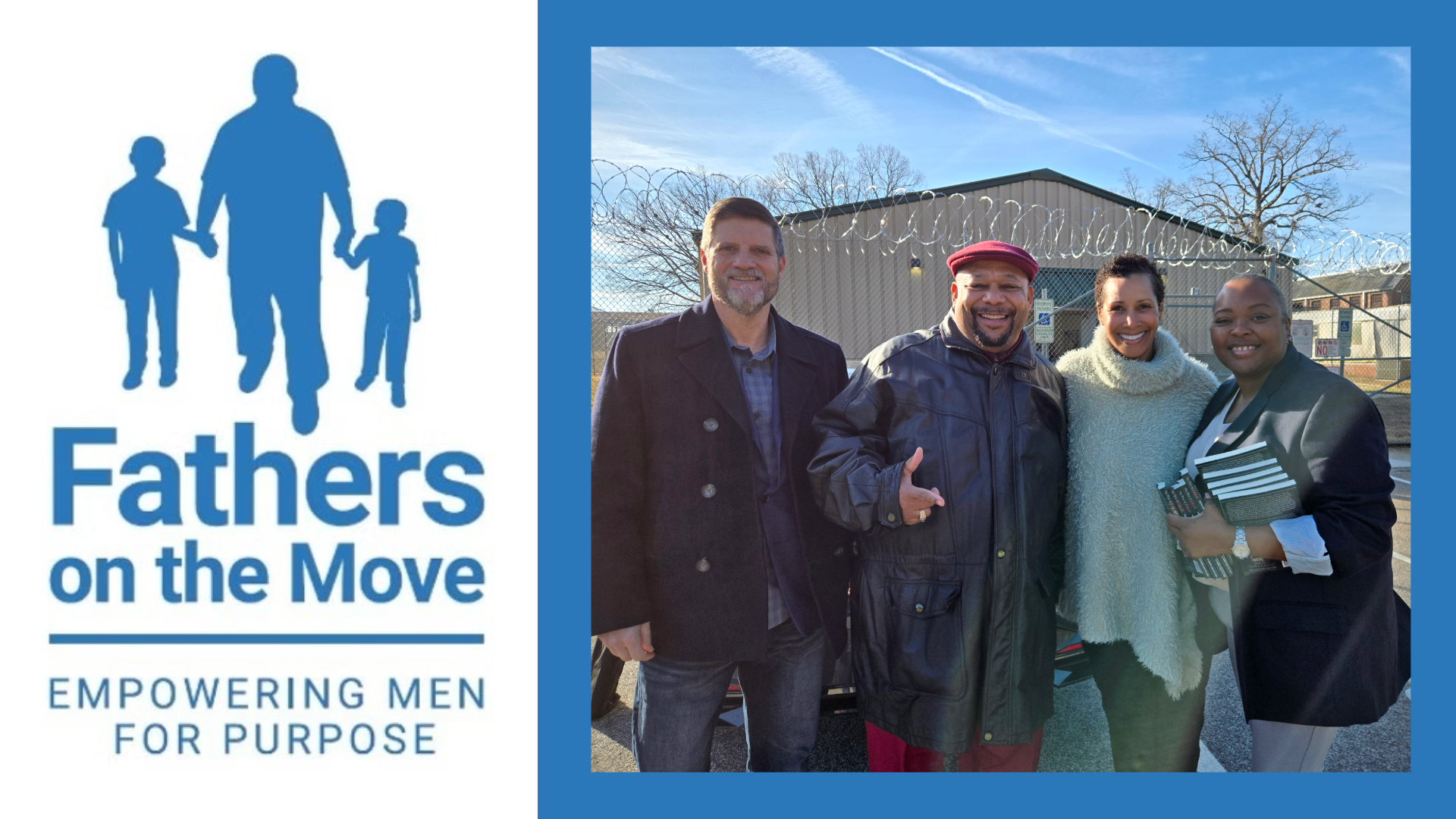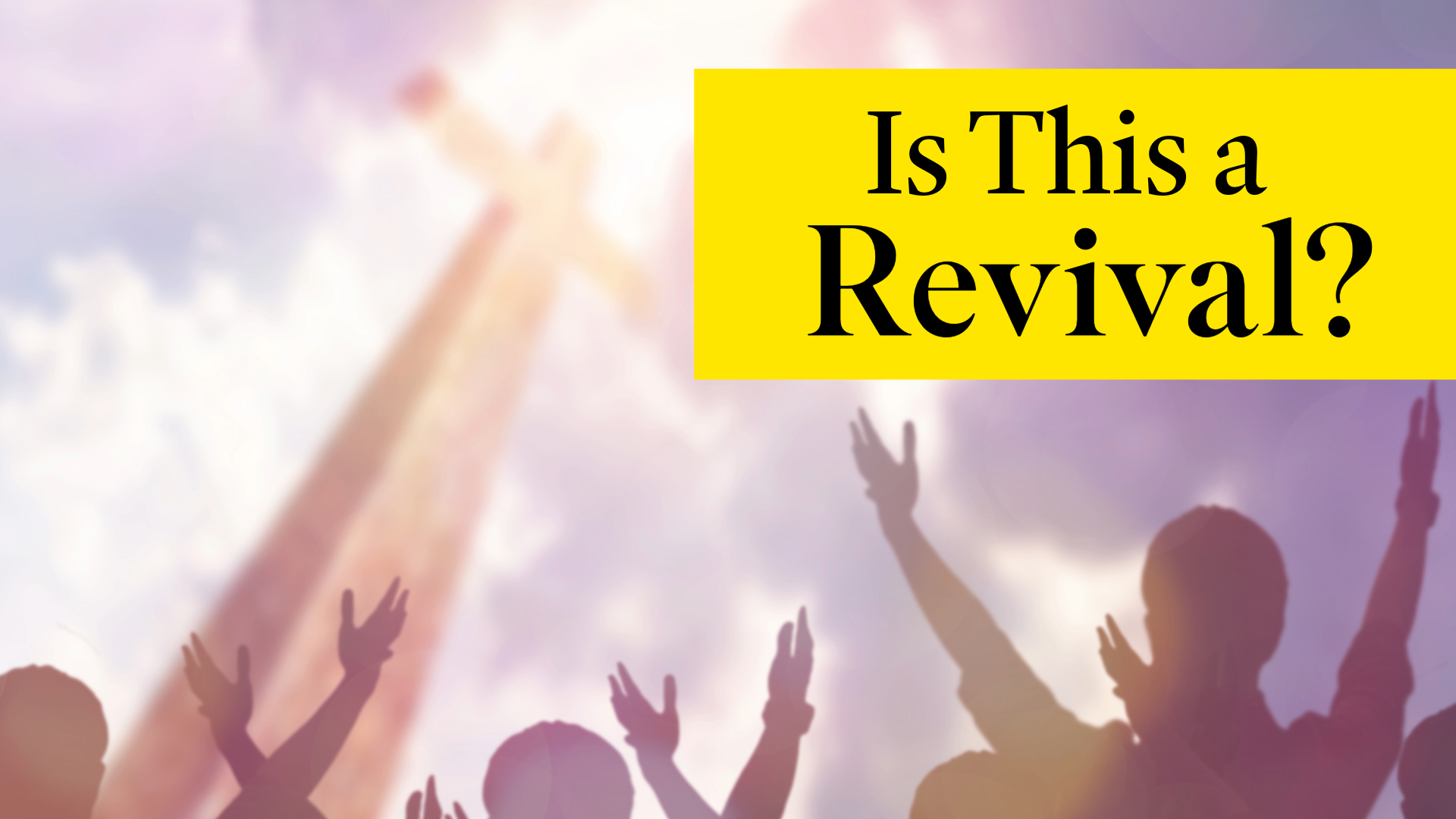
We seem to love temporal markers like holidays, birthdays, or even just the beginning of a new month. We like planning changes around universally accepted time stamps. We do this constantly. “I’ll start working out again next week” or “No more soda (pop) starting next month.” We push the dishes off for one more episode, and we snooze the alarm clock for precisely five more minutes (because four minutes or six minutes is crazy). So, it makes sense that many people find the New Year to be a perfect time to dream up the changes they want to make. Most of us recognize that we could have made these changes at any point in the year. We could have started acting different the very second we realized we should, and perhaps we also recognize that it would have been better to do that. Yet, the beginning of a new year might just give the decision enough weight and momentum to really see it through. At least, that’s what we hope.
The truth is, if you’re anything like me, you might feel silly for even having a New Years resolution. They are, after all, the set up to a joke. The punch line being that we rarely finish them. Most often our New Years resolutions reflect a feeling of deep inadequacy that we’d like to rectify. I suspect the most common resolutions have to do with weight loss, or the kicking of some habit or addiction which we feel is unhealthy, harmful, or degrading. Does anyone want their aspirations for meaningful change to be yet another cruel joke? Don’t we already feel like enough of a joke without making a public display of our failure?
According to polls, and independent research, the average New Years resolution lasts about 3 months. If you are like me, that might be enough motivation to not tell anyone about whatever resolutions you make. You might not get any glory for having tried, but at least you won’t get run over by the shame-train that’s coming in a month or two anyway for having failed.
And yet, despite that oppressively pessimistic outlook, I’ve also found myself moving in the opposite direction in this last year or two. I no longer see goals as strictly binary. There is still progress in failure, after all. A mindset that recognizes growth despite a lack of outright success is a realistic way of viewing myself. I am not perfect, and I cannot expect to perfectly achieve my goals. I have to aim for something, right? I’m not a fraud for trying and failing (provided I’m humble). I’m a fraud when I never try.
I’m tired of letting my past failures (and a fear of future failure) dictate what God has in store for me. This is, I suggest, the process of sanctification on a small scale. A pattern of striving, failing, and forgiveness, all made possible by the indwelling of the Holy Spirit, subtly reorientating us through slow but consistent pressure. Saul’s own blinding on the Damascus Road was a more instant moment of transformation, but it took years for the Paul we knew to emerge. God exposed him to his own sin, and put him in the hands of the very people he had been harming. Paul was an accessory to murder but through years of patient service, Saul became Paul.
Paul tells the Corinthains that “Therefore, if anyone is in Christ, the new creation has come: The old has gone, the new is here!” (2 Cor 5:17, NIV)
Indeed, God has thrust upon us a new creation, and we are about to step into a New Year. It may be cliché, untimely, and somewhat arbitrary, but there is no better time than right now to make a meaningful change.
Paul continues in 2 Corinthains 5:18-20 by saying, “All this is from God, who reconciled us to himself through Christ and gave us the ministry of reconciliation: that God was reconciling the world to himself in Christ, not counting people’s sins against them. And he has committed to us the message of reconciliation. We are therefore Christ’s ambassadors, as though God were making his appeal through us. We implore you on Christ’s behalf: Be reconciled to God.” (NIV)
Reconciliation is a tricky message. On the one hand, reconciling with God can be wonderful. Recognizing our sins and accepting God’s forgiveness is powerful but it’s also probably the easy part of reconciliation. God already did the hard work of reconciling us to Himself, we just need to accept it. On the other hand, reconciling with others is decidedly more challenging, and often more painful.
Matthew 5 has become one of my favorite chapters in the entire Bible. Jesus’s eloquence and powerful reinterpretation of the Torah in the Sermon on the Mount blows me away every time I read it. Verses 23 and 24 flip the pharisaical traditions on their head.
“Therefore, if you are offering your gift at the altar and there remember that your brother or sister has something against you, leave your gift there in front of the altar. First go and be reconciled to them; then come and offer your gift.” (NIV)
It really is easier to ask forgiveness from God than it is a neighbor. This is a theme that is carried throughout the entire Bible. God expects us to worship Him, but not at the expense of other people. Nor can we focus solely on our relationship with God while we ignore our neighbors. Loving God and loving neighbor go hand in hand. God desires mercy in our lives more than token sacrifices (Hosea 6:6) and He requires justice, mercy, and humility over ten thousand rivers of oil (Micah 6:7-8). Shirking either responsibility is hypocrisy. “But you have neglected the more important matters of the law—justice, mercy and faithfulness.” Jesus says in Matt 22. “You should have practiced the latter, without neglecting the former.” (NIV)
And, well, I’ve felt like a hypocrite for a while now. I’ve struggled this year to forgive people. I’ve been holding more grudges than I used to. And apologizing, something that used to be so easy that I probably over apologized, has felt like an insurmountable task.
Far be it from me to recommend a New Year’s resolution for you, so instead I’ll just recommend one for myself: be committed to a “message of reconciliation”. Reconciliation between God and myself, between neighbor and God, and between neighbor and myself. Let the New Year herald a renewed commitment toward the hard work of loving God in full sincerity, which also means forgiving other people, and asking for forgiveness far more often.
The old has gone! The new is here! Happy New Year!





Login To Leave Comment